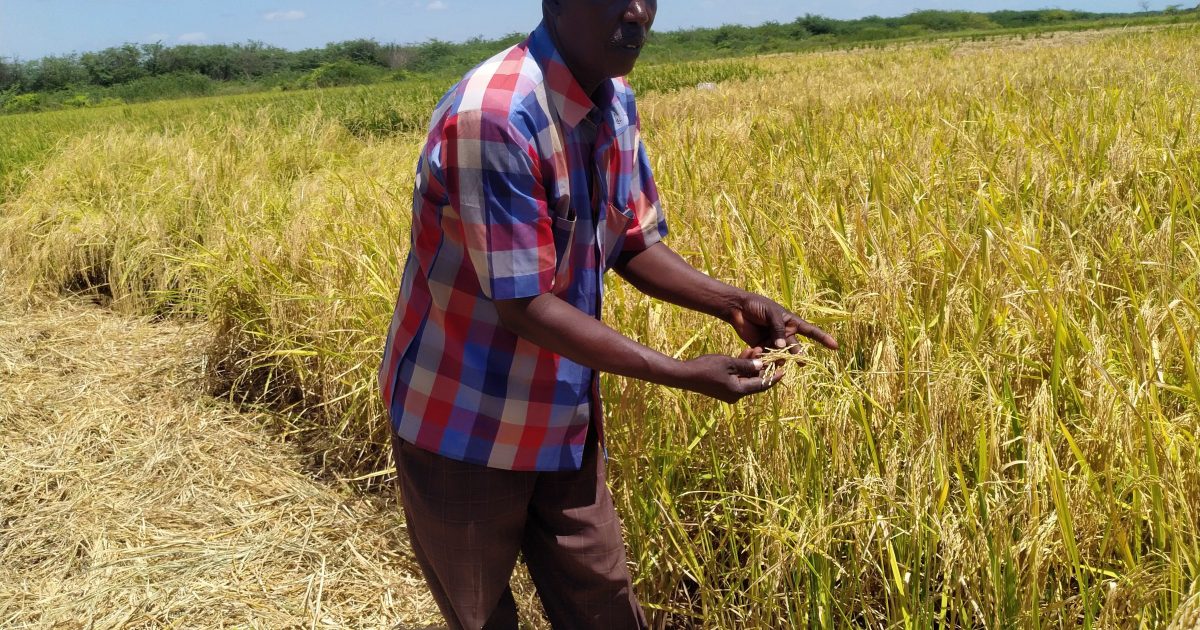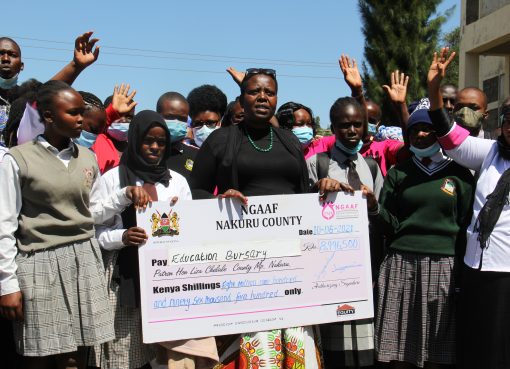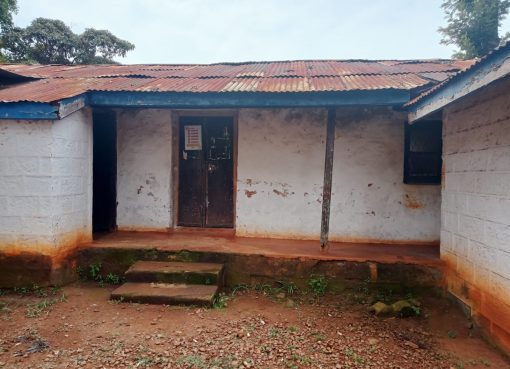The First ever rice symposium organized by the Korea-Africa Food and Agriculture Cooperation Initiative (KAFACI) is being held in Kenya, under the Kenya Agricultural Livestock Research Organization (KALRO).
The symposium being attended by sector players from Africa will be followed by two days of evaluating the rice seed system in 21 African member countries under KAFACI which is an important activity in research.
Speaking during the opening session of the KAFACI Rice symposium at the KALRO headquarters, Nairobi Monday, the organization Director General Dr. Eliud Kireger said the government of Kenya has identified rice as one of the three major food security crops that include maize and potatoes.
Kireger noted that rice is the third most important crop in terms of food and nutritional security, however in terms of annual consumption growth, it comes first at 12 percent compared to maize at 1 percent and wheat at 4 percent.
The DG explained that local production of rice in 2008 stood at 80,000 metric tonnes, while the consumption was 350,000 metric tonnes, when the Coalition for African Rice Development (CARD) was formed to support countries double their rice production within 10 years.
However, currently through interventions by development partners in collaborative projects like the KAFACI among others, the annual production has improved to 180,000 metric tons, while consumption continues to grow and now stands at 949,000 tonnes.
“As a country, the consumption of rice is expected to increase to 1,290,000 tons by 2030 due to population growth. In Sub Saharan Africa (SSA), rice consumption is expanding at 6 percent compared to 12 percent in Kenya,” he said.
Dr. Kireger explained that that factors that contribute to low on farm production such as low yielding rice varieties, susceptibility to pests and disease as well as adverse weather and poor soil health among others, will require concerted efforts by governments with support from development partners in order to realize high production per unit area.
He said the KAFACI projects being implemented in over 20 African countries, including Kenya’s National Rice Development Strategies (NRDS), developed and supported by CARD, were timely and have enabled countries to produce seeds for farmers helping them improve yields per unit area.
“The Kenyan project has been ongoing for about three years and has immensely built the seed multiplication and infrastructure that will accelerate farmers’ access to quality seeds and rice value chain seed growers benefit from trickle effects of quality paddy production,” said Dr. Kireger.
On his part, Yusuke Haneishi from CARD said following the 2008-2018 first phase of the project, there was significant progress made in rice production in Sub Saharan Africa resulting in 108 percent achievement from 14 million tonnes in 2008 to 30.1 million metric tonnes in 2017.
The target for the second phase of CARD that is covering the year 2019 – 2030 is to increase rice production from 28 million tons to 56 million tonnes.
“The second phase will adopt the rice approach that is composed of resilience, industrialization, competitiveness and empowerment aspects, while maintaining the approaches of phase one which was value chain approach, capacity building and partnerships,” he said.
Africa’s population is about 13 percent of the world population, yet the continent imports 32 percent of its rice needs of 14 to 15 million metric tons per year worth over USD 6 billion, thus playing an important role in international rice trade.
What this means is that there is great opportunity for improvement in farm rice production for Africa to not only meet the demand, but also have a surplus for export.
KAFACI is an intergovernmental and multilateral cooperation body formed in 2010 to improve food production, achieve sustainable agriculture and enhance extension services for African countries.
At the same time, KALRO is involved in two other projects, one on tomatoes and the other on fall armyworm.
By Wangari Ndirangu





